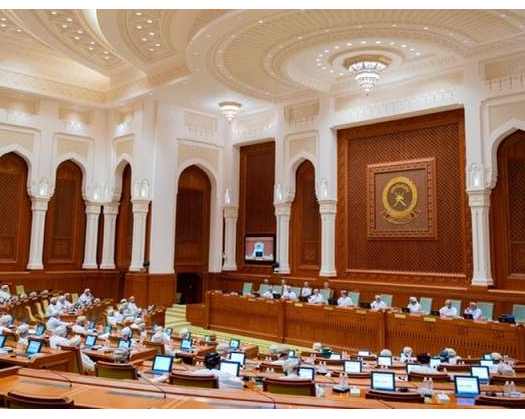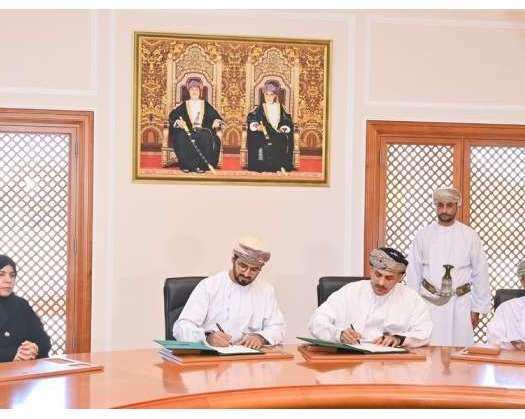Muscat: Today, the Shura Council convened to host Sultan Salim Al Habsi, the Minister of Finance, for a discussion on the Ministry's statement regarding the draft State Budget for the fiscal year 2025. This meeting was conducted as part of the Council's second session of the tenth term's second annual sitting.
Chairman of the Shura Council, Khalid Hilal Al Maawali, expressed that the purpose of the meeting was to reflect the Council's eagerness to gain insights into the projected revenue volume, expenditure estimates, economic growth rates, financial and monetary policies, the balance between savings and investment, and oil production and pricing for the forthcoming year.
Al Habsi highlighted that the financial strategies and policies implemented by the government since 2020, in conjunction with the increase in oil prices, have significantly contributed to the enhancement of the Sultanate of Oman's economic and financial indicators. These include a notable decline in public debt and the restoration of investment attractiveness.
Al Habsi emphasized that the government is diligently managing the state's public finances in alignment with established plans aimed at augmenting non-oil revenue streams, improving the efficiency of public expenditure, and reducing public debt to foster financial sustainability and economic growth.
He assured that the draft State Budget 2025 was meticulously designed to ensure the uninterrupted flow of financial, economic, and social stability. This, he added, is in harmony with the financial framework of the Tenth Five-Year Plan and Oman Vision 2040.
Al Habsi elaborated that the budget estimates for the fiscal year 2025 encompass all measures for providing insurance coverage and protection for various societal segments, maintaining the expenditure level on essential services (such as education, health, and housing), and stimulating the national economy through the growth of companies and projects that support economic diversification.
The session scrutinized the key elements of the budget, including its financial, economic, and social dimensions, as well as the foundational assumptions that underpinned the projections of the State Budget 2025 in light of oil prices and global variables.
Furthermore, the meeting addressed the projections of public revenues, public spending, public debt management, deficit, financing, inflation rates, investment expenditure, development project priorities, and strategies to sustain development achievements and realize economic and social objectives set by the government.
The session also considered three legislative bills of law submitted by the government, namely the draft “Real Estate Regulation Law,” the draft “Communications and Information Technology Regulation Law,” and the draft “Anti-Human Trafficking Law.” Additionally, the meeting endorsed the report submitted by the Economic and Financial Committee on the draft State Budget 2025.












